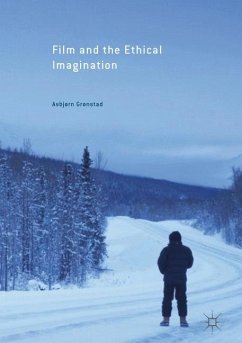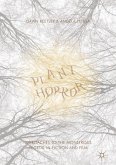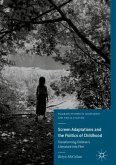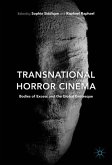This book provides a comprehensive, critical overview of the turn to ethics in literature, film, and visual culture. It discusses the concept of a biovisual ethics, offering a new theory of the relation between film and ethics based on the premise that images are capable of generating their own ethical content. This ethics operates hermeneutically and materializes in cinema's unique power to show us other modes of being. The author considers a wealth of contemporary art films and documentaries that embody ethical issues through the very form of the text. The ethical imagination generated by films such as The Nine Muses, Post Tenebras Lux, Amour, and Nostalgia For the Light is crucially defined by openness, uncertainty, opacity, and the refusal of hegemonic practices of visual representation.
"Grønstad's thought-provoking work provides a significant and novel contribution to the investigation of the relationship between ethics and film form." (Andrew Jones, Film-Philosophy, Vol. 23, 2019)
"Film and the Ethical Imagination is a significant contribution to the field of film ethics; it does not set itself up as a survey of the field, but offers efficient overviews of developments in the past twenty years, as well as makes certain original contributions ... ." (Jonathan Wright, Film Matters, Vol. 09 (2), 2019)
"Film and the Ethical Imagination is a significant contribution to the field of film ethics; it does not set itself up as a survey of the field, but offers efficient overviews of developments in the past twenty years, as well as makes certain original contributions ... ." (Jonathan Wright, Film Matters, Vol. 09 (2), 2019)








